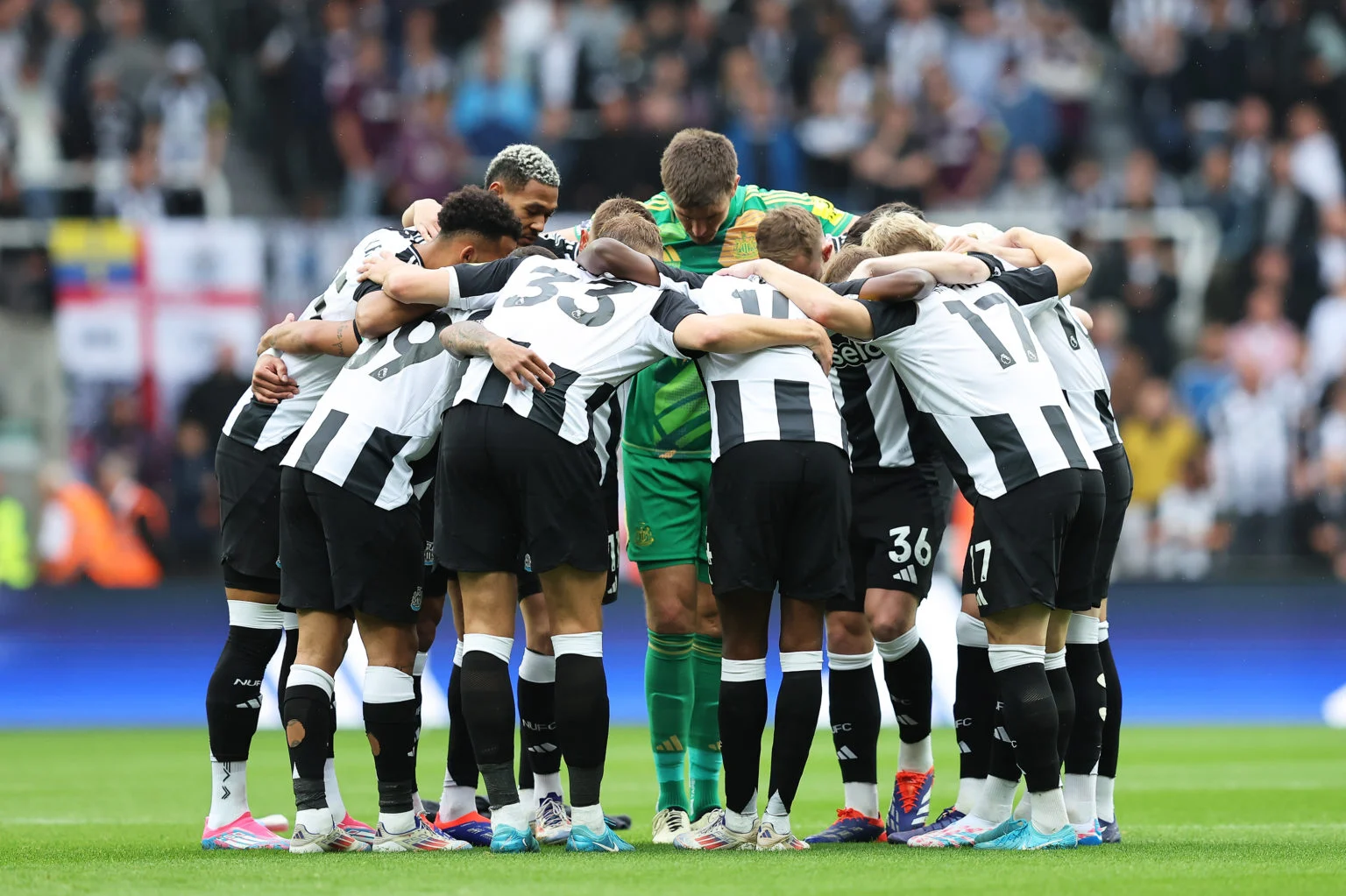
Roy Keane has never been one to shy away from voicing his opinions, especially when it comes to the standards expected in professional football. Recently, his remarks regarding a Newcastle player who made a questionable decision after joining a new club have ignited considerable debate among fans and pundits alike. Keane’s call for a week’s wages to be docked serves as a reminder of the expectations placed on players, both on and off the pitch.
The player in question, whose transfer from Newcastle was met with high hopes, found himself embroiled in controversy shortly after joining his new side. Whether it was a poor disciplinary record, a lack of commitment during training, or an incident that raised eyebrows, Keane’s comments encapsulated the frustrations of many who believe that players must be held accountable for their actions.
Keane, known for his uncompromising attitude during his own playing career, emphasized that professional athletes are in a privileged position. They receive substantial salaries, and with that comes the expectation of professionalism and dedication. When a player fails to uphold those standards, particularly when they have just made a high-profile move, it sends the wrong message to fans, teammates, and the club as a whole.
His suggestion of a financial penalty is not merely punitive; it’s a call for accountability. Keane’s belief is that imposing such measures can serve as a wake-up call, prompting players to reflect on their behavior and the impact it has on their careers and their teams. The principle is straightforward: if you’re not living up to the expectations that come with your contract, there should be consequences.
The implications of Keane’s statement extend beyond just the individual player. It raises questions about club culture and how management deals with disciplinary issues. A club that tolerates poor behavior risks fostering an environment where mediocrity becomes acceptable. This can have a ripple effect, demoralizing other players and damaging the overall ethos of the team.
Fans, too, have a stake in this discussion. Many supporters feel a sense of betrayal when players they once admired display a lack of professionalism. Football is not just a game; it’s an emotional investment for fans who dedicate their time and resources to support their teams. When players fail to honor that commitment, it resonates negatively with the fanbase, leading to disappointment and disillusionment.
Moreover, Keane’s comments also touch on the broader issue of player mentality. In an age where players often face immense pressure from media scrutiny and fan expectations, maintaining a disciplined approach is crucial. It’s not just about talent; it’s about mindset. The best players understand that their actions off the pitch can have significant consequences for their careers.
In many ways, Keane’s perspective aligns with a growing movement within football that advocates for stricter standards and a more professional approach to the game. With increasing financial stakes, both for clubs and players, there’s a collective responsibility to uphold the integrity of the sport. This includes fostering a culture where accountability is paramount.
As the discussion unfolds, it’s important to remember that while Keane’s comments may seem harsh, they reflect a broader sentiment within the football community. Players need to recognize their role as ambassadors for their clubs and the sport. By holding them accountable for their actions, clubs can help cultivate an environment that prioritizes professionalism and respect.
In conclusion, Roy Keane’s assertion that a Newcastle flop should be fined for his conduct serves as a critical reminder of the standards expected in football. Accountability, professionalism, and respect for the game are non-negotiable aspects of being a professional athlete. Whether or not clubs choose to adopt stricter measures, the discussion sparked by Keane’s remarks emphasizes the need for players to reflect on their responsibilities and the impact of their actions on their teams and supporters.
Leave a Reply